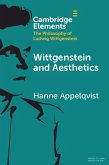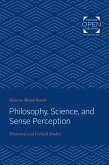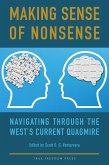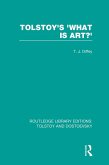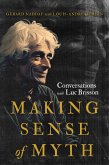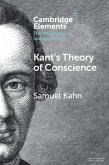The distinction between sense and nonsense is central to Wittgenstein's philosophy. It is at the basis of his conception of philosophy as a struggle against illusions of sense generated by misunderstandings of the logic of our language. Moreover, it informs the notions of 'grammar' (in the later work) and 'logical syntax' (in the early work), whose investigation serves to clear up those misunderstandings. This Element contrasts two exegetical approaches: one grounding charges of nonsensicality in a theory of sense specifying criteria that are external to the linguistic performance under indictment; and one rejecting any such theory. The former pursues the idea of a nonsensicality test; the latter holds that illusions of sense can only be overcome from within, through the very capacity of which they constitute defective exercises. This Element connects the two approaches to opposite understandings of Wittgenstein's conception of language, and defends a version of second approach.
Dieser Download kann aus rechtlichen Gründen nur mit Rechnungsadresse in A, B, BG, CY, CZ, D, DK, EW, E, FIN, F, GR, HR, H, IRL, I, LT, L, LR, M, NL, PL, P, R, S, SLO, SK ausgeliefert werden.



